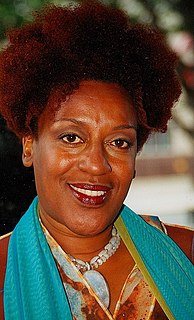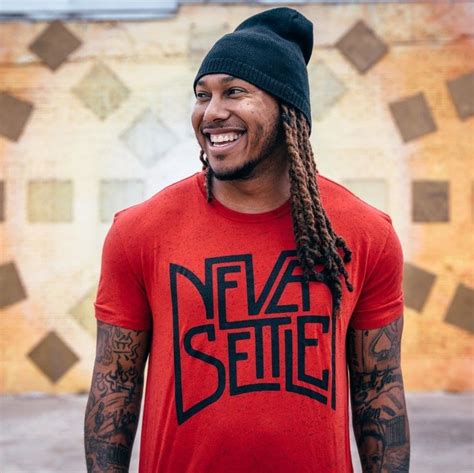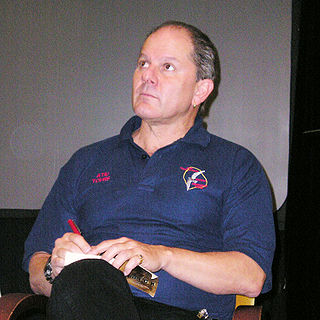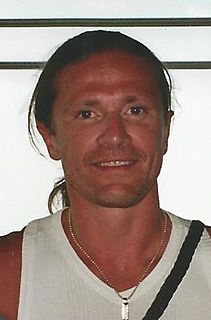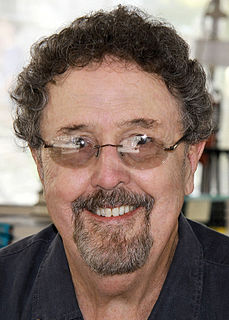A Quote by Howard Rheingold
It's more important to me to get an e-mail that says, 'I saw your page and it changed my life,' than how many hits the page got.
Related Quotes
Sometimes you just have to turn the page to realize there's more to your book of life than the page you're stuck on. Stop being afraid to move on. Close this chapter of hurt, and never re-read it. It's time to get what your life deserves, and move on from the things that don't deserve you. Don't try to fix what's been broken in your past, let your future create something better.
The enemy is not the badly written page; it is the empty page the great advantage of a badly written page is that it can be rewritten. It can be improved. A blank page is zero. In fact, it’s worse than zero, because it represents territory you’re afraid, unwilling, or too lazy to explore. Avoid exploring this territory long enough, and you’ll abandon your book.
When you are writing a spoken word poem, the tools you're working with are your voice, your body, how it's going to sound to someone when you're saying it out loud. Which is different from when you're writing it on the page. That toolbox becomes how does this look visually on the page, how does this read among pages, how is this in relation to poems that are before it or after it. I don't think one is better or more successful than the other. You've just gotta think about "what are the tools I'm using, and how are they most effective in this form?"
One of the things I love about the Bible is that it's page-by-page proof that God is not just a "broad strokes" kind of creator; God is in the details. So much so that we're told nothing is hidden from him. He sees everything; he's the beginning and the end. There's no greater authority on your life than the one who gave you your life.
As for the differences between audio and the printed page, the sonic aspects of poetry are important to me. I read my poems aloud to myself as I'm composing them. And I enjoy reading to an audience. I think people get tone more easily when they hear a writer read her work. Some people have told me they hear more humor in my poems at a live reading than when they see them on the page. I think that may be a matter of pacing. On the other hand, I've listened to a lot of poetry readings and I know how much you can miss. If you stop to really register one line, you miss the next three or so.

